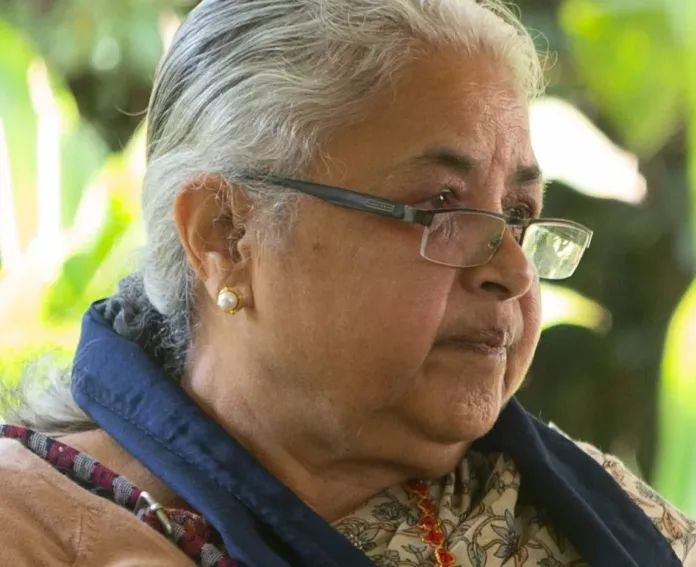Twenty-one protesters killed as Nepal’s youth revolt ousts Oli and elevates ex-chief justice Karki
Nepal has sworn in its first female prime minister after a week of chaos that left 21 protesters dead, parliament dissolved, and the government in ruins. Sushila Karki, the country’s former chief justice, took the oath of office on Friday evening to lead an interim administration after unprecedented youth-led demonstrations forced the resignation of veteran leader KP Sharma Oli.
Tens of thousands of young people, most under the age of 30, flooded Nepal’s streets earlier in the week in anger at a clumsy social media ban and deeper frustrations over corruption and nepotism at the heart of political life. What began as peaceful demonstrations descended into the bloodiest day of protest in the nation’s history when police fired live rounds at crowds. Twenty-one civilians were killed, shocking the nation and galvanising the movement.
By Tuesday, Kathmandu resembled a war zone. Parliament buildings and the homes of senior ministers, including those of Oli and the president, were set ablaze. Oli, who was serving his fourth term and had long been accused of authoritarianism and corruption, was airlifted to safety by the military before announcing his resignation that same afternoon.
The sudden collapse of the government created a vacuum. The loosely organised “Gen Z” protesters who had toppled Oli lacked formal leaders or structures. In a remarkable twist, the president and army chief invited young demonstrators to send representatives to negotiations over the country’s political future.
By Wednesday, those youth delegates put forward Sushila Karki as their choice for interim prime minister and insisted that the deeply discredited parliament be dissolved. Karki, who became Nepal’s first female chief justice in 2016, is widely respected for her uncompromising stance on corruption and her record of issuing high-profile judgments against powerful politicians and police officials.
Her outspoken condemnation of the lethal force used on protesters, which she called a “massacre,” further cemented her credibility with the young demonstrators. She also gained the backing of Kathmandu’s popular mayor, Balendra Shah, a rapper-turned-politician whose support among Nepal’s youth runs deep.
Yet consensus did not come easily. Leaders of the established political parties initially resisted dissolving parliament, creating the risk of deadlock. On Friday night, the army chief, Ashok Raj Sigdel, warned that failure to find a political solution would compel the military to impose a state of emergency. Under mounting pressure, party leaders finally agreed to dissolve parliament and approve Karki’s appointment as interim leader.
The exact composition of her interim government remains unclear, though it will take the form of a “council of ministers.” Many in the Gen Z movement are already demanding immediate investigations into corruption allegations against Oli and his ministers, along with an independent inquiry into the killings of protesters.
For Karki, who retired from the judiciary and became an outspoken figure in civil society, the appointment marks a dramatic return to public office. Her reputation as a fearless opponent of graft has set expectations high, though she inherits a country scarred by bloodshed and political distrust.
Dheeraj Joshi, 25, one of the youth leaders involved in negotiations, expressed cautious optimism: “We are moving from a phase of destruction to a phase of construction. That doesn’t mean everything will immediately be fine, but once corruption is uprooted, the ground will open up for a better future.”
Nepal now stands at a crossroads. The fall of Oli and the rise of Karki may be seen as a generational reset — born from tragedy, driven by rage, and carried forward by the demand for accountability. Whether this interim government can hold together long enough to deliver genuine reform remains the nation’s next great test.
